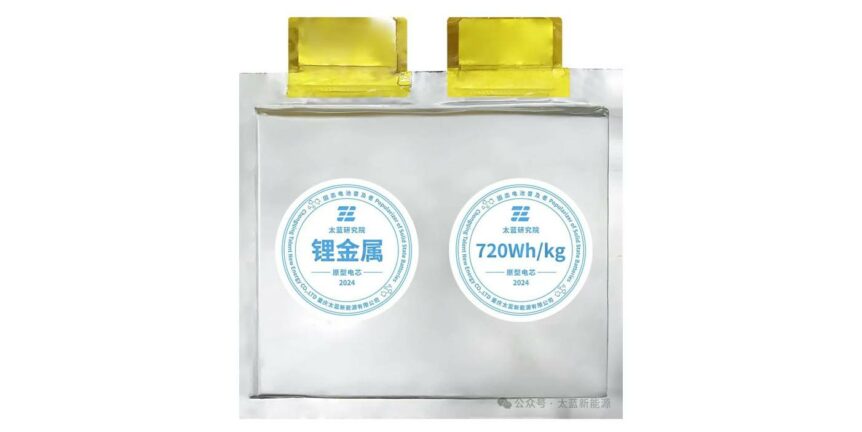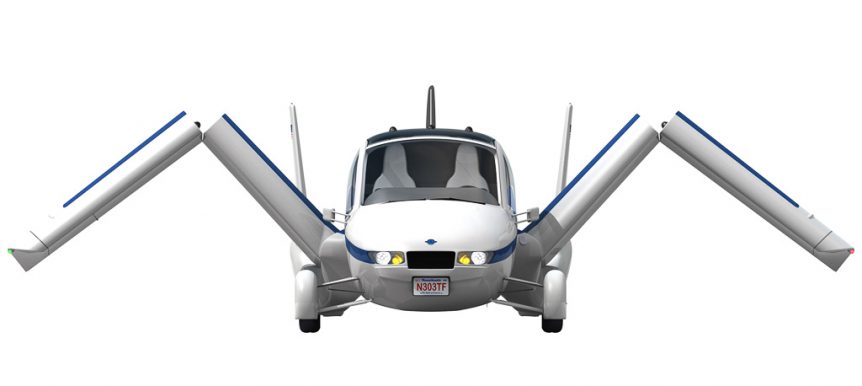China seems to be leading the way in battery development, with recent announcements of increased energy density solid-state batteries, and batteries that can last for close to a million miles of service. The two companies are reporting batteries already in service or close to being released to the public. Tailan New Energy Doubles Down Reporting in Electrek, Scooter Doll reports Tailan New Energy has announced vehicle-grade all-solid-state lithium batteries with energy density “twice that of other cells in the segment.” Only six years old, the firm has taken a leading role in the battery industry. The Energy Viking reports further. Tailan has achieved a 120 Amp-hour solid-state battery cell using “ultra-thin and dense composite oxide solid electrolytes, high-capacity advanced positive and negative electrode materials, and an integrated molding process.” Housing an energy density of 720 Watt-hours per kilogram, twice that of other batteries installed in passenger electric vehicles in China, these new cells could effectively double the mileage per charge. …
Geely Looks Skyward, Buys Terrafugia
Geely is a huge enterprise, and while not the largest maker of electric cars in China, sold 766,000 gas and electric vehicles in 2016, growing 50 percent over the previous year. Its profits grew 126 percent last year, primarily due to sports utility vehicle (SUV) sales. As EV Obsession reports: “The 351,861 electric car sales registered in China during 2016 represent approximately 46% of ALL plug-ins sold worldwide this year, with Chinese carmakers responsible for 43% of all EV production in 2016.” Geely, surprisingly, owns Lotus, Malaysia’s Proton Motors, the firm that makes London’s iconic taxis, and Volvo. Volvo just announced that all its cars will be electric or hybrid starting in 2019. Fortune reports that the company has become highly profitable, with 2016 net returns doubling to 5.1 billion yuan ($741 million), and possibly rising to 7 billion yuan in 2017. What is a successful company to do with all that money? The South China Morning Post reports on one …


